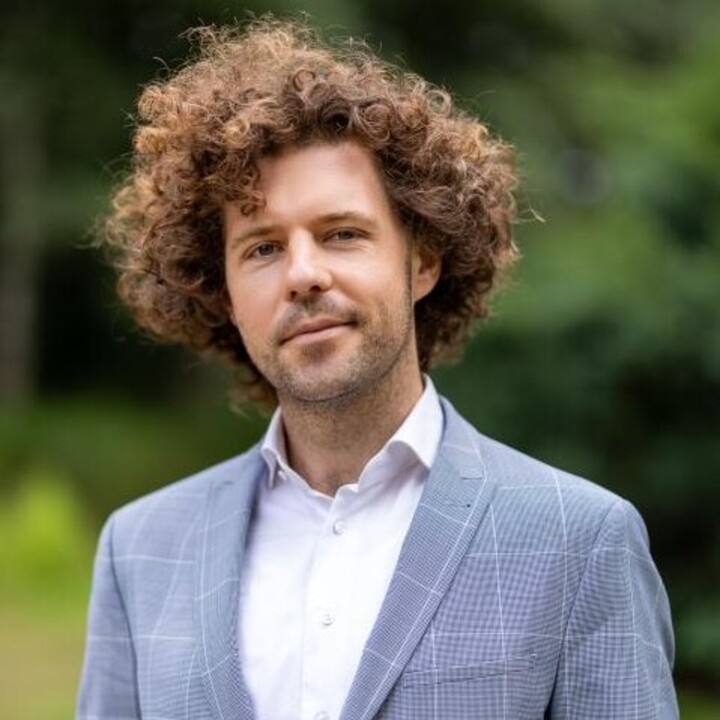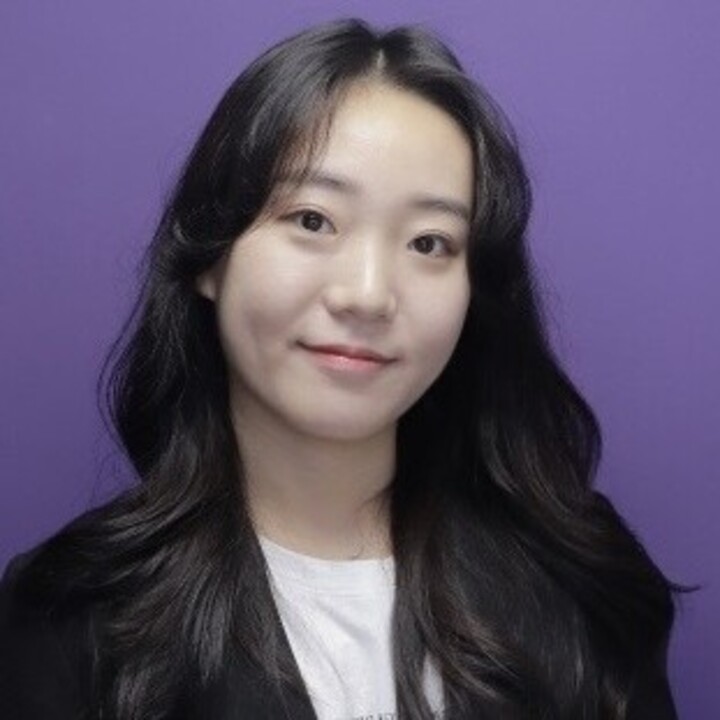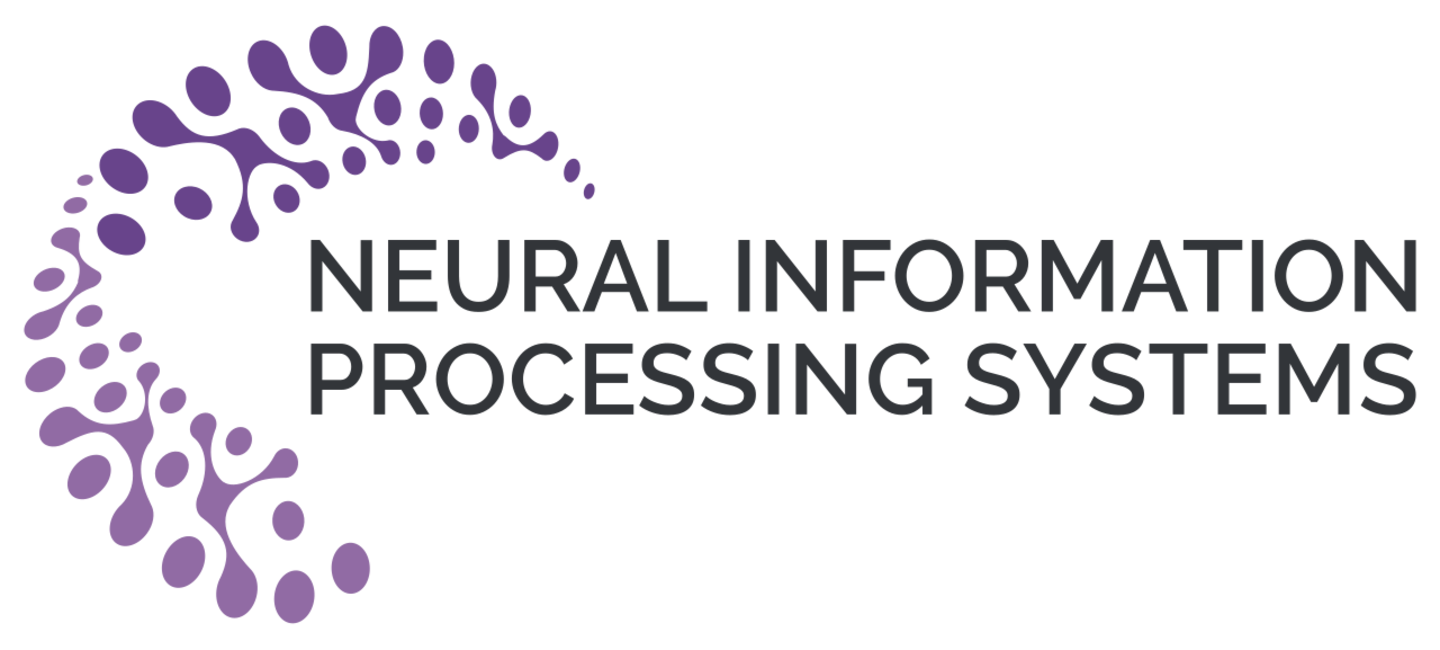Workshop on Reliability of Vision and Multi-Modal Models in the Real World
NeurIPS 2025 Workshop V3M
Keynote Speakers
Prof. Dr. Dawn Song
Prof. Dr. Dawn Song is a Professor in the Department of Electrical Engineering and Computer Science at UC Berkeley. Her research interest lies in AI and deep learning, blockchain/
Prof. Dr. Mario Fritz
Prof. Dr. Mario Fritz is a faculty at the CISPA Helmholtz Center for Information Security, an honorary professor at Saarland University, and a fellow of the European Laboratory for Learning and Intelligent Systems (ELLIS).
Until 2018, he led a research group at the Max Planck Institute for Computer Science.
Previously, he was a PostDoc at the International Computer Science Institute (ICSI) and UC Berkeley after receiving his PhD from TU Darmstadt and studying computer science at FAU Erlangen-Nuremberg.
His research focuses on trustworthy artificial intelligence, especially at the intersection of information security and machine learning.
He is Associate Editor of the journal ``IEEE Transactions on Pattern Analysis and Machine Intelligence (TPAMI)'', coordinates the Helmholtz project ``Trustworthy Federated Data Analytics'', and has published over 100 scientific articles – 80 of them in top conferences and journals.
Prof. Dr. Sanmi Koyejo
Prof. Dr. Sanmi (Oluwasanmi) Koyejo is an Assistant Professor in the Department of Computer Science at Stanford University and an adjunct Associate Professor in the Department of Computer Science at the University of Illinois at Urbana-Champaign. He leads Stanford Trustworthy AI Research (STAIR), working to develop the principles and practice of trustworthy machine learning, focusing on applications to neuroscience and healthcare. He completed a Ph.D. at the University of Texas at Austin, and postdoctoral research at Stanford University. He has been the recipient of several awards, including a best paper award from the conference on uncertainty in artificial intelligence, a Skip Ellis Early Career Award, a Sloan Fellowship, a Terman faculty fellowship, an NSF CAREER award, a Kavli Fellowship, an IJCAI early career spotlight, and a trainee award from the Organization for Human Brain Mapping. He spends time at Google as a part of the Brain team, serves on the Neural Information Processing Systems Foundation Board, the Association for Health Learning and Inference Board, and as president of the Black in AI organization. He has given talks at multiple top-tier workshops and seminars including the keynote talk at ECCV 2024.
Dr. Bart van der Sloot

Bart formerly worked for the Institute for Information Law, University of Amsterdam, where he wrote his Phd on privacy and virtue ethics, and for the Scientific Council for Government Policy (WRR) (part of the Prime Minister’s Office of the Netherlands) to co-author a report on the regulation of Big Data. He has co-authored several policy reports for the European Union, the Dutch government and other governmental agencies.
Bart van der Sloot is the general editor of the European Data Protection Law Review and served as the director of the Privacy & Identity Lab between 2016–2021. Between 2010–2020, he was the founder and coordinator of the Amsterdam Platform for Privacy Research (APPR), the minor Privacy Studies, and the Amsterdam Privacy Conferences 2012, 2015 and 2018.
Bart has won three prestigious academic awards: the NWO Top Talent Grant, the NWO Veni Grant, and the KNAW Early Career Award. The Top Talent Grant fully covered his PhD project and the Veni grant (2021–2025) covers a research project called: ``the right to be let alone ... by yourself''.
Dr. Minseon Kim

Dr. Minseon Kim is a post-doctoral researcher at Microsoft Research–Montréal.
She completed her PhD at KAIST, advised by Professor Dr. Sung Ju Hwang.
Her current research interests lie in identifying realistic safety risks in AI models and developing adaptable and controllable approaches to enhance the trustworthiness of AI models.
She is a regular reviewer at top-tier venues such as ICLR, ICML, NeurIPS, IEEE Transactions on Neural Networks and Learning Systems, Transactions on Machine Learning Research, Machine Learning, and the Asian Conference on Machine Learning Journal Track.
She has organized events such as AI Safety Colloquium, 2024 Spring, Women in AI @ KAIST, 2022 Summer, and Women in EE/
Irena Gao

Irena, is a third-year CS Ph.D. at Stanford University, advised by Carlos Guestrin.
Her research interests center on trustworthy machine learning, especially in the context of large models.
She did her undergraduate at Stanford, where she studied Computer Science (B.S. with honors), Statistics (M.S.), and art history.
In the past three years, she has made some very noticeable publications which have gotten her orals at ICLR2022 and ICCV2023, and CVPR2023 Highlight.



